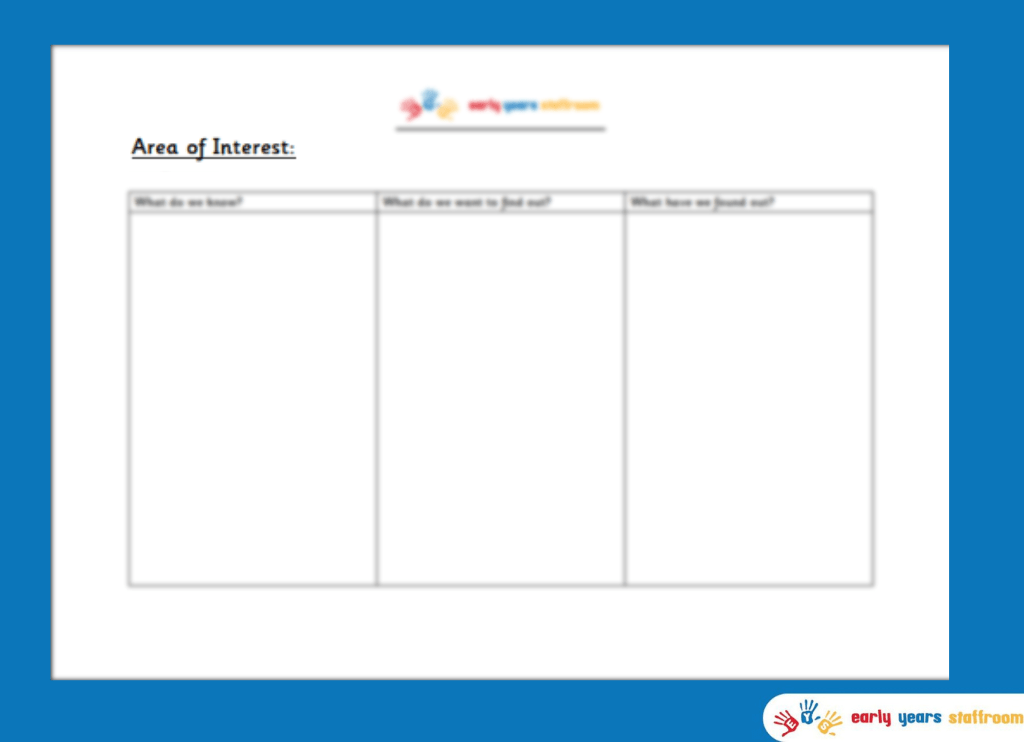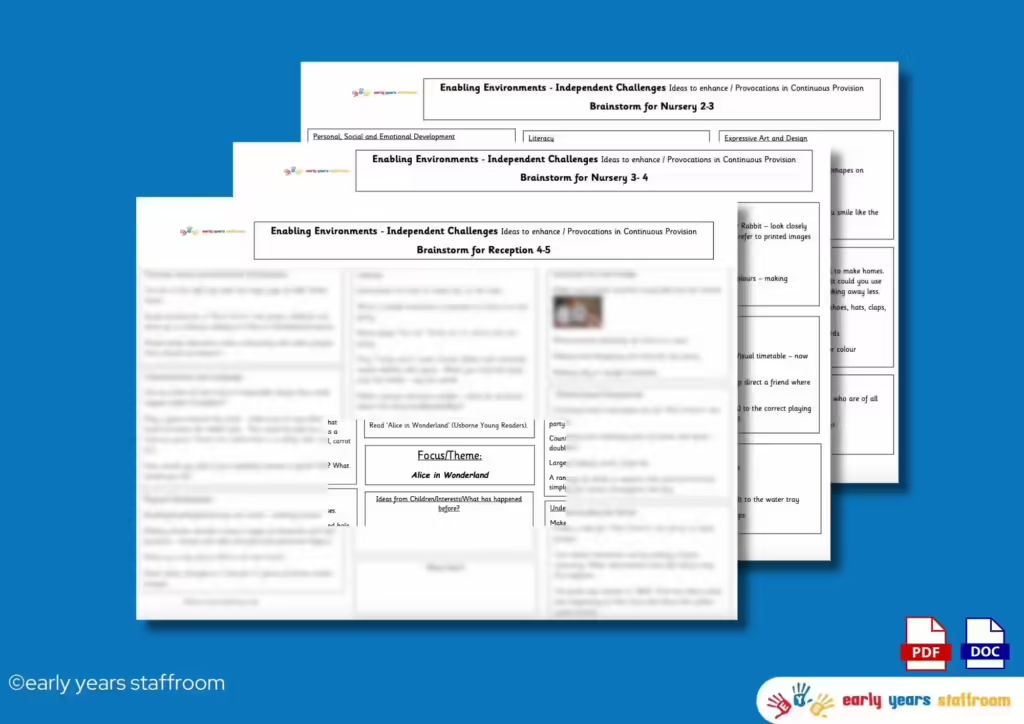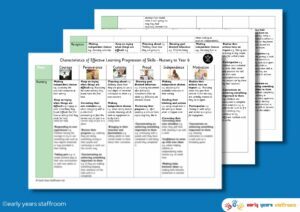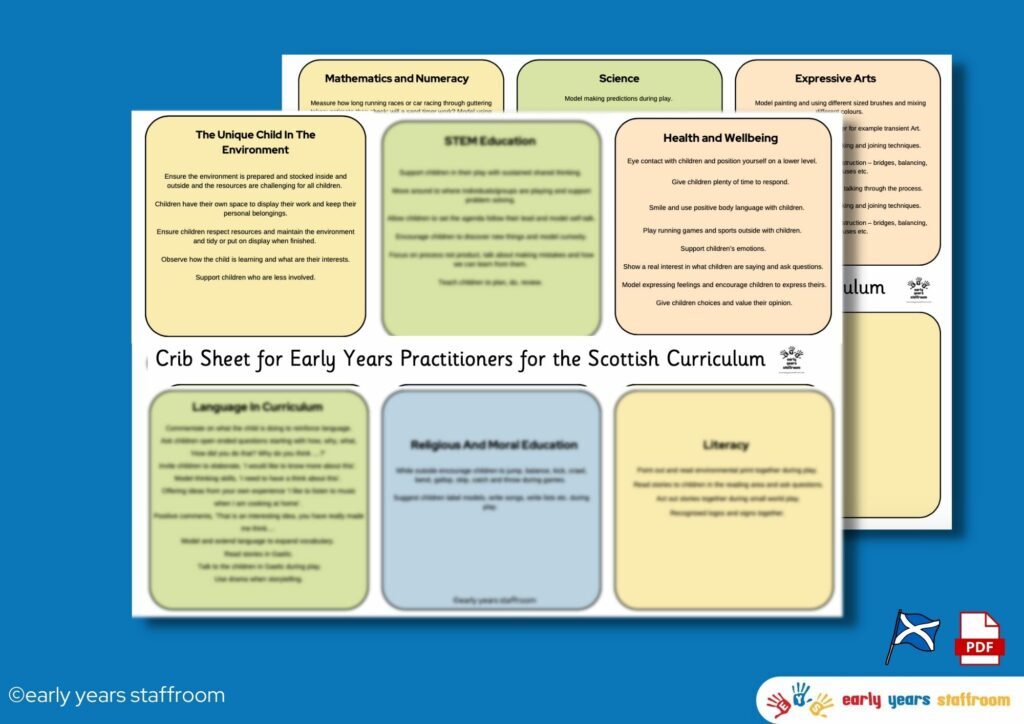Interest Planner Sheet

This is useful when planning with the class or a small group and base a part of the learning journey on.
Planning based around interests, often referred to as “interest-based learning” or “child-led learning” is vital for a multitude of reasons:
Engagement: When learning or activities are centred around an individual’s interests, they are more likely to be engaged and enthusiastic. This heightened engagement facilitates deeper and more effective learning.
Motivation: Interest-based planning naturally motivates learners. When individuals are intrinsically motivated, they put more effort into the activity, increasing the chances of success and reducing the need for external motivators.
Deeper Learning: Learning that stems from personal interest often leads to more in-depth exploration and understanding. The learner is more likely to ask questions, seek additional resources, and dive deeper into the topic.
Building on Strengths: Everyone has unique strengths, and interest-based planning allows learners to build upon and further develop these strengths. This can boost self-confidence and foster a positive relationship with learning.
Personal Relevance: When content is relevant to a learner’s life or interests, it becomes more meaningful. This personal relevance makes the information more memorable and applicable in real-world contexts.
Developing Autonomy: Interest-based planning often requires learners to take more responsibility for their learning. This fosters autonomy, decision-making skills, and self-direction—all crucial life skills.
Flexibility: Planning based on interests allows for flexibility in teaching and learning. It acknowledges that not all learners are the same and allows for differentiation in instruction based on individual needs and passions.
Enhancing Creativity: Exploring personal interests often leads to creative thinking and problem-solving. Learners are encouraged to think outside the box and come up with unique solutions or perspectives.
Building Positive Relationships: When educators or facilitators plan based on learners’ interests, it sends a message that their passions and preferences are valued. This can strengthen the relationship between the learner and the educator, fostering trust and mutual respect.
Real-world Application: Interest-based learning often involves real-world applications, making abstract concepts concrete. This not only reinforces learning but also helps learners see the practical implications of what they’re studying.
Lifelong Learning: By fostering a love for learning early on and showing learners how to explore their interests, interest-based planning can instil a mindset of lifelong learning. Learners become more curious and proactive in seeking knowledge throughout their lives.
Holistic Development: Interest-based planning often addresses the whole person, catering to cognitive, emotional, social, and sometimes even physical aspects of development. This holistic approach ensures a well-rounded educational experience.
In essence, planning based around interests taps into the natural curiosity and enthusiasm of learners, making the learning experience more enjoyable, meaningful, and effective. Whether in a formal educational setting or informal learning environments, interest-based planning can be a powerful approach to foster growth and development.
All our planning has been carefully created by experienced qualified primary school teachers with QTS therefore you can be sure that your planning will achieve your outcomes and aims.
Not quite what you were looking for? Search by keyword to find the right resource, or please email us to request a resource at admin@earlyyearsstaffroom.com.













